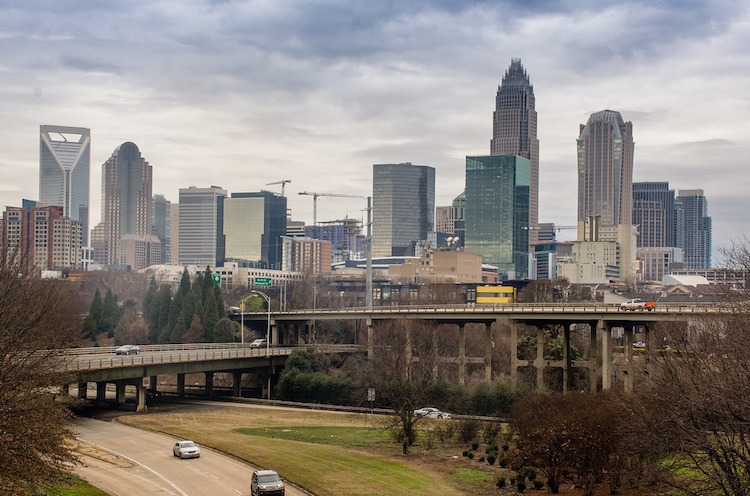
UPDATE 4/5: North Carolina has rolled back the “bathroom bill,” and the NCAA has brought the state back into its consideration set. Will other states follow suit?
A recent Skift article discussed how “Bathroom Bills” are negatively affecting Meetings & Events tourism, particularly in North Carolina. A Bathroom Bill requires people to use bathrooms that correspond with the sex stated on their birth certificates. The transgender community is the main group affected by this bill, and several organizations have moved their tourism dollars elsewhere in protest.
Since voting the bill into law, North Carolina has seen the NBA move its All-Star Game to New Orleans. They had also heard threats from the NCAA that it will pull its championship games from the state if there was no repeal. Charlotte has already reported a loss of 11 conferences and conventions because of the law. But North Carolina isn’t the only state that might be affected. There are 12 states with impending Bathroom Bills. And each one my face its share of tourism loss.
The reality is, Bathroom Bills are only the tip of the iceberg. The Trump Administration publicly embraced returning power to the states. Which means it’s likely that there will be many more issues ruffling the feathers of organizations throughout the country. Education, in particular, could be a prickly pear. Depending on what a state does with its newfound power, the backlash could be even greater than what North Carolina is facing right now. Education, after all, affects even more people than Bathroom Bills.
It’s hard to know what will happen as things shake out in 2017, but tourism boards of all levels should pay close attention to state politics and tourism dollars. Regardless of which side of the aisle you stand on, tourism dollars are essential to state economies. Meetings & Events dollars are particularly important. And the loss of dollars from those who support the LGBTQ community and others who feel marginalized would have to be made up by other organizations. The question is: does enough business exist to make up for the potential loss? And if so, do tourism boards have the time and resources (or desire) to woo those organizations?
In today’s political climate, state politics and tourism dollars seem to be lower on the list of concerns. But if tourism brands want to keep the dollars flowing easily, they will need to make their voices heard by their respective state governments.
And depending on which state you operate in, your voice may need to be a lot louder than others.